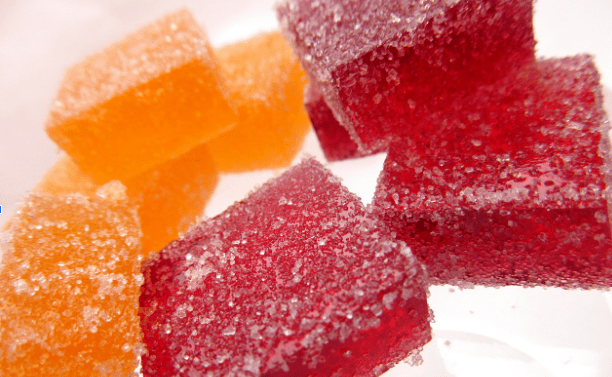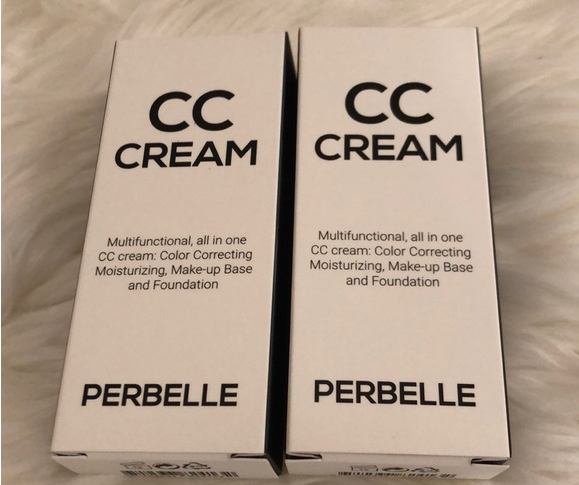CBD and THC have been at the center of the growing trend around cannabis-infused gummies. While both compounds come from the cannabis plant, they differ significantly in how they affect the body. If you’re curious about the differences between CBD and THC gummies, this guide will explain how they work, their legal status, and their potential benefits.
Photo via Pixabay
What Are CBD Gummies?
CBD, short for cannabidiol, is a compound found primarily in hemp plants. It is non-psychoactive, meaning it doesn’t make you feel “high.” This has made CBD gummies an appealing option for people looking to explore potential wellness benefits without any intoxicating effects.
CBD gummies are edibles infused with CBD extract, and they’ve become a popular choice due to their convenience and ease of use. Many people take them for issues like anxiety, pain relief, or sleep problems, although the effectiveness of CBD in these areas still requires more research.
A 2019 Gallup poll reported that about 14% of Americans use CBD products, often citing pain relief and anxiety reduction as primary reasons. While some studies suggest potential benefits, it’s important to understand that research into CBD’s effects is still in its early stages.
Legal Status of CBD Gummies
In the United States, CBD derived from hemp is generally legal under the 2018 Farm Bill, as long as it contains less than 0.3% THC. However, individual states have their regulations, so it’s important to check your local laws before buying or using CBD gummies.
What Are THC Gummies?
THC, or tetrahydrocannabinol, is the compound responsible for the psychoactive effects of cannabis. Unlike CBD, THC can make users feel “high.” THC gummies are typically consumed for recreational purposes or specific medical conditions like chronic pain or nausea.
While some use THC for its potential medical benefits, such as appetite stimulation or pain relief, others consume it recreationally for the euphoric effects. According to a 2022 Pew Research study, more than 50% of U.S. adults have tried THC products for either medical or recreational purposes.
However, it’s important to note that, much like CBD, the long-term effects of THC and its medical benefits require more research.
Legal Status of THC Gummies
THC gummies are subject to stricter legal regulations than CBD products. At the federal level, THC remains illegal, although some states have legalized it for medical or recreational use. States like California and Colorado allow the sale of THC gummies for recreational purposes, but other states have more limited access. Always check your local laws before purchasing or consuming THC products.
Key Differences Between CBD and THC Gummies
Here’s a quick breakdown of the key differences between CBD and THC gummies:
Psychoactive Effects:
CBD: Does not cause a “high.”
THC: Causes psychoactive effects, including euphoria and altered perception.
Medical Uses:
CBD: It may help with anxiety, pain relief, inflammation, and sleep.
THC: Often used for pain relief, nausea (especially for cancer patients), and appetite stimulation.
Legal Status:
CBD: Federally legal if it contains less than 0.3% THC, but legality varies by state.
THC: Illegal at the federal level, though legal for medical or recreational use in certain states.
Drug Testing:
CBD: Unlikely to show up in drug tests.
THC: Will likely show up in drug tests.
Side Effects:
CBD: Potential mild side effects, such as fatigue or digestive issues.
THC: May cause anxiety, paranoia, or dry mouth, especially at higher doses.
How Do CBD and THC Gummies Work?
Both CBD and THC interact with the endocannabinoid system (ECS), which regulates functions like mood, sleep, and pain.
CBD may help restore balance in the ECS without causing a high. It interacts indirectly with receptors that manage pain and anxiety, which is why it’s often seen as a wellness product. However, more research is needed to confirm its effects.
THC binds directly to brain receptors, leading to its psychoactive effects. THC’s influence on the ECS may help with pain relief and appetite stimulation, but it can also trigger anxiety in some users, particularly when consumed in large amounts.
How to Choose Between CBD and THC Gummies
Choosing the right gummy depends largely on your goals:
- For wellness: CBD might be a better option if you’re looking for something to help with stress, pain, or sleep without any psychoactive effects.
- For recreational use: THC gummies may be the right choice if you’re seeking relaxation or a euphoric experience.
- For medical reasons: Always consult a healthcare professional before using CBD or THC for specific conditions.
Dosage Considerations
When starting with either CBD or THC gummies, it’s important to begin with a low dose. For CBD, a dose of 10-20 mg may be a good starting point, while beginners with THC should start with 2.5-5 mg. Both compounds take time to metabolize, so waiting before increasing the dosage is important.










